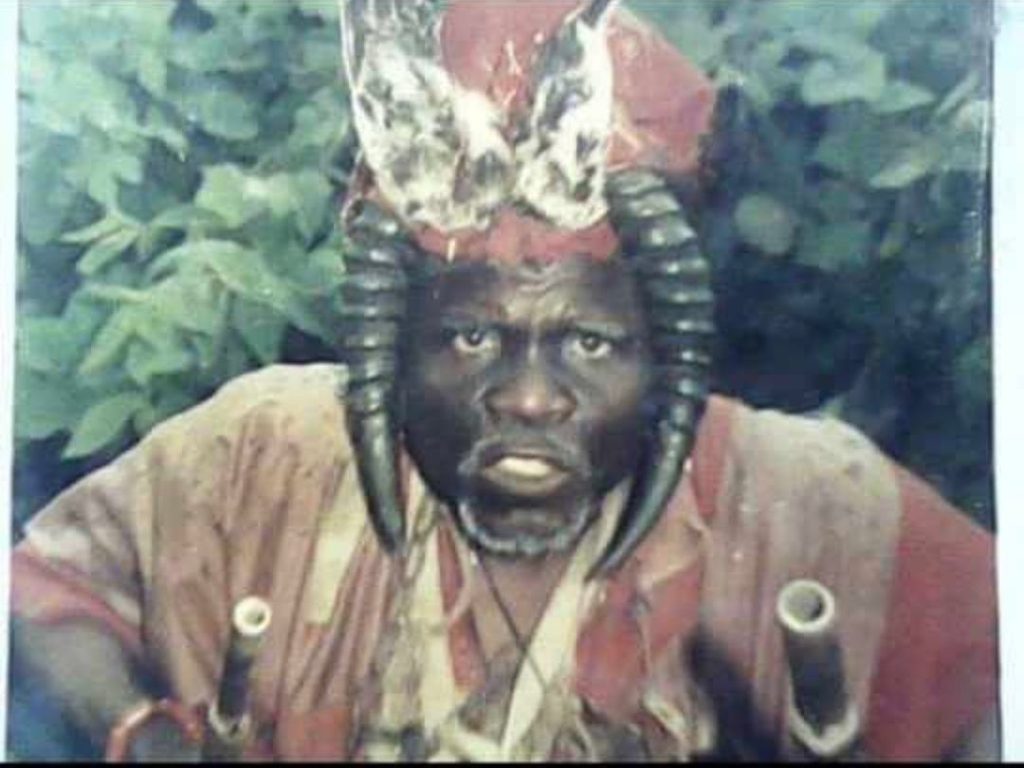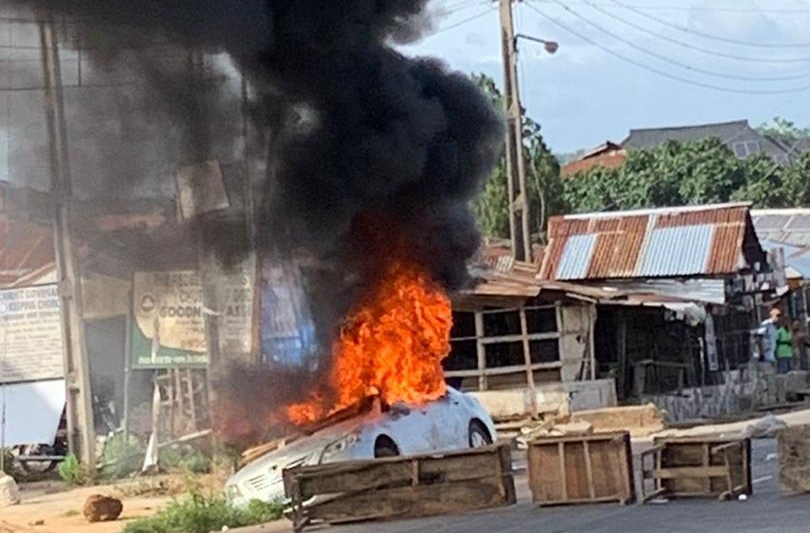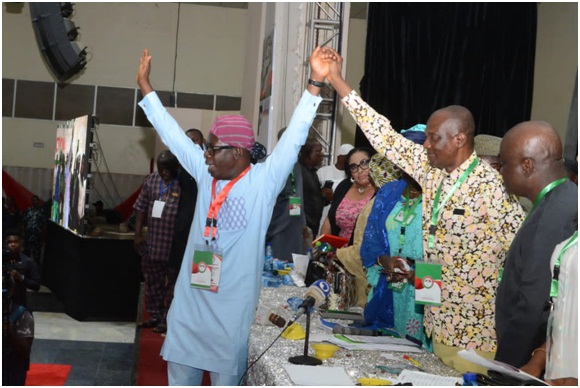War against change?
By Bayo Fasunwon
|
The beauty of political drama lies not in its outcome but in the weaving of the plots, the tactics, and the positioning and repositioning of the players on the Chess Board. Therefore, yours truly is often awed at the politics of the Asian countries. The plots and intrigues leave the mouth gaping and the desire to see the result of the various manipulations, seductions, permutations and calculations. Often times, no matter the treachery of the Ministers, and other office holders, the loyalty of the Emperor’s military and guard had in most times ensured his retention in power, against all odds.
Unfortunately tyrant Emperors have been able to hold sway, and even the people (mostly peasants) by the jugular given the blind loyalty of the people who have the legitimate use of coercion to enforce the Emperor’s will. However, such loyalty are either bought or acquired through blackmail or punishment. Thus, the gruesome or ‘accidental’ death of an erring or disloyal subject is often a warning signal to those who have the revolutionary flame kindled in their heart. Whichever way it goes, the intrigues leave you spellbound until the end of the saga.
Nigeria’s political story line however leaves little to imagination. From the colonial era until now, the methodology and political script has not been changed. The only difference is the degree of acting out an old script. The love for the old ways of life is so vivid that only the old generations rule the nation; old syllabus are used in the academia, old approaches are applied to solving national problems, and old explanations are given for inefficiency and ineptitude of those in power. Thus, the system abhors paradigm shifts and revolutionary thinking.
While jettisoning the hi-tech politicking of the Asian Tigers, they however hold tight to the enforced blind loyalty of the men in uniforms, not to the constitution and people of the State, but to the President, Therefore in the outbreak of protests, demonstrations and demand for good governance, the reactions of government has , is and had always been the same. Instead of addressing issues, the Government addresses personalities, procures anti-complaints policies, and promotes misinformation.
The nation had the likes of Adaka Boro, the five majors of the infamous 1966 coup, Dele Giwa, Ken Saro-Wiwa and the ill-fated Odumegwu Ojukwu. For most of these men, the strategies of government had been the same over the years, (without addressing their bone of contention). Government would in the first instance allow their tantrums, negate their propaganda, and agitation before seeking their downfall. Given the violent nature and untamed spirits of these ‘wild’ reformation seekers, government had often resorted to blackmail, and coercion to herald them into graveyards of eternal silence. So many of such men, agitators for their grassroots have been buried unsung. However, that eternal silence is the desire of all men who seek for a revolutionary transformation of society. If their agitations succeed, the ruling elites always find ways of hijacking their struggles, and sideline them. Therefore, for many revolutionaries, they normally succumb to the realization that their dreams never materialize.
The other enemies of government are usually given heroic burial at death. These are people who used their days insisting that government operates on the principles of rule of law and uphold the fundamental human rights of the citizens. They were selfless and dogged fighters who insist that government does what is right in various sectors of the economy.
In this group, we find Fela Anikulapo-Kuti, Beko Ransome-Kuti, Tai Solarin, and Gani Fawehinmi (all late). These were arrested, intimidated, bullied, incarcerated, and subjected to harrowing experiences, all for their desire for a better country. One basic feature of these people was their belief in non-arm struggle. They were men who stooped to conquer. Music, language, and knowledge were their weapons of emancipation. Despite their ‘armless’ struggle, they were visited by known and unknown soldiers and clamped into jail. These died, and their virtues extolled by the forces that antagonized their cries for change.
Given these histories, those seeking for socio-political changes must be armed with the truth that those who benefit from the status quo, may chant the change mantra, but would oppose radical changes. The changes that ruling elites subscribe to are such that would be slow, predictable and enhance theirs and their families’ grip on the people. Anything other than this would be resisted with the taxpayer’s funds. The government of the day may not seek the death of secessionists but would do everything possible to prevent the realization of their dreams. People like Sunday Igboho and Nnamdi Kanu may not slide into the valley of the shadow of death. Rather they would be given the Omoyele Sowore treatment. The desire of government would be incarceration and the promotion of palpable fear amongst their supporters. Such treatments are expected to extinguish the call for separation and ouster of government.
The agitations against a ruling power often times are a cry for freedom against perceived slavery. The truth however is that ruling elites are convinced that slavery is necessary to sustain all state level social systems. Thus the need for limited freedoms, and gagging of opposition voices. Therefore, the use of coercion should be understood within the context of the belief that it is only the coercive capacity of the State that can keep inhabitants in line. Keeping inhabitants in line is also hinged on the wrong belief that grievances cause rebellion.
What the Nigerian government had missed since Independence is this erroneous belief system. The time has come for a change of the belief systems of the ruling elites. Nigeria as a nation would have been solidified and integrated if deaf ears have not been paid to altruistic and nationalistic ideas of the ‘enemies of the state’. It is not too late for government at all levels to listen to the voices of the people and for once bite the humble pie and does what is right. Incarceration and even death has not stopped aggressive agitations in this nation, and would not stop until government exists for the people in truth and in deed. Unfortunately, the more government clamps down on peaceful agitators, the more violent changes become inevitable.










